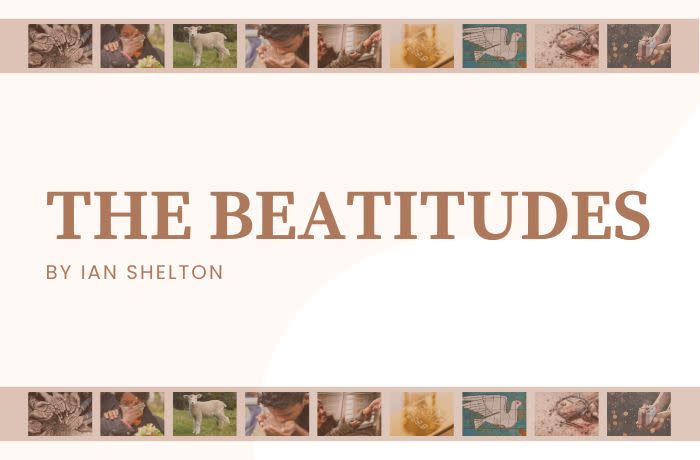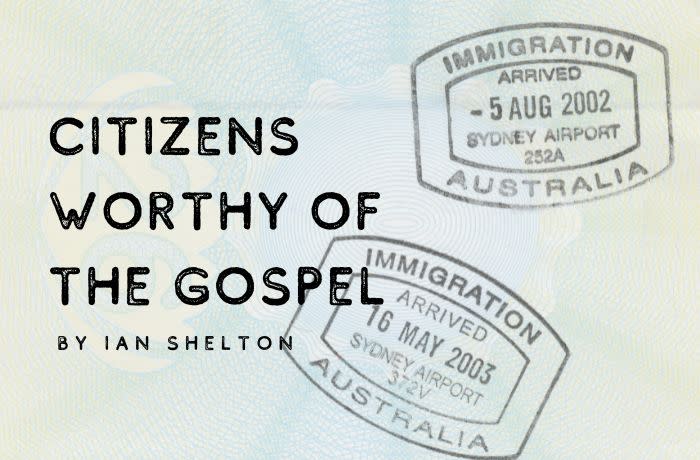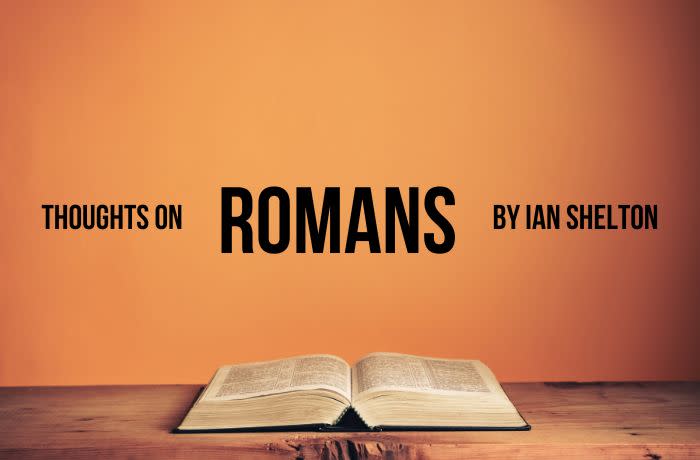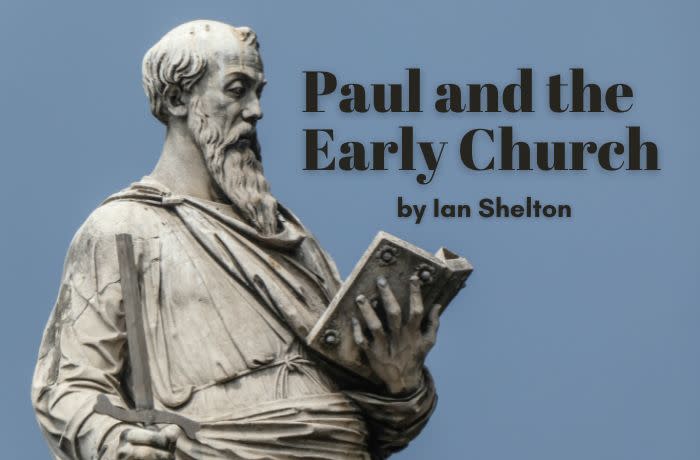Download our vision book
Bird’s book is divided into three sections. He firstly begins by defining and defending secularism as essentially a good idea that “emerged from the post-Reformation period as a way of creating space for all faiths and none.” In defending secularism he addresses the common misconceptions about what it means to live in a secular country. A secular nation and government should not preclude faith but rather make room for expressions of faith so that society is pluralistic, that is, people are free to practise their beliefs without interference from the government.
In tracing the historical development of secularism as nation states emerged in Europe after the church rule that characterised medieval Europe, Bird says, “My hunch is that secularism is the divorce settlement that Europe reached with the church at the end of Christendom in the eighteenth century. It meant that political power was divested from the church and remitted to the state, perspectives other than the Christian one were to be tolerated, places for religion and its absence were loosely defined, and the church’s chief instrument for promoting its beliefs was not state-sponsored imposition but its own capacity for persuasion. Secularism is not about Christianity’s decline, but ‘its seemingly infinite capacity for evolution.’” Countries like Australia and the United States are the beneficiaries of this process in Europe.
However, there are different form of secularism including a militant form of secularisation that seeks to drive religion from the public square, “sanitising” society of its influence. We are seeing this trend increasingly today in Western nations as activists in tandem with willing governments are becoming increasingly coercive towards people of faith with the aim of relegating belief to a merely internal and private affair with no expression in the public square. “Religion must be non-political or else subservient to state ideologies.”
Part two is a defence of religious freedom and outlines the difficulties of living in a pluralistic, secular society where different beliefs conflict. Currently the main conflict is between the LGBTQI+ community and religious institutions. Both claim rights that conflict with one another. Bird acknowledges that this is the difficult part of secular society and urges compromise from both sides where rights conflict. Bird claims, “It is possible to simultaneously safeguard the integrity of religious organisations in regard to sincerely held views of family, marriage, and sexuality without subjecting LGBTQI+ persons to unfair discriminations and prejudicial perspectives.”
Bird decries the pull to Christian nationalism in countries like the United States where sections of the church align with political parties and leaders in an “almost unconscious merging of patriotic fervour with religion”. He equally criticises the opposite extreme, “progressive authoritarianism” where governments trample religious liberty in an attempt to create an equal society for minority groups. In this approach the state defines what human flourishing means and everyone has to fall in line or else face repercussions.
Rather, Bird advocates for “confident pluralism” which he defines as “the right to be different, to think differently, to live differently, to worship differently, without fear of reprisal.” Governments should legislate in favour of freedom of expression. However, he admits that confident pluralism “is messy and conflictual; it leads to confrontations and is not conducive to public unity.” For it to work, there must be a high level of tolerance and a willingness for warring parties to allow each other to exist.
While religious freedom is not an absolute right, Bird argues that it is critical as it is vitally connected to other important freedoms such as freedom of conscience, thought, speech and association. The diminishing of religious freedom has a domino effect on these other liberties that we hold dear. Or to put it another way, religious freedom functions as a “cornerstone”. If it is undermined, others will fall.
Finally, in this current environment when religious freedom is under pressure, Bird says the church must adopt a strategy that affirms confident pluralism by living it out. That is, the church is to love people and “live in such a way that those who hate us cannot give a reason for their hatred.” Also, the church should challenge hypocritical laws that feign tolerance while actually curtailing religious liberty. To do this will require denominations to put aside their differences in favour of what unites, advocate for religious freedoms for all faiths (not just Christianity), practise concern for those on the margins and love for adversaries, ensure that we are offering a clear alternative to current culture, champion ethnic church leaders as spokespersons, have a voice in the public square, value our earthly vocations and continue to fill the space where governments are ineffective. In other words, defend the value of faith in our society by action and proclamation.
Reflections:
Religious Freedom in a Seculare Age is helpful in defining and understanding the current cultural climate. He clears away the misconceptions of what it means to live in a secular nation, debunking the common arguments that seek to silence people of faith from the public square. He presents a balanced approach for today’s church that doesn’t have to favour either the right or left of politics.
Bird’s vision of confident pluralism, where differing groups allow each other to exist and governments allow free expression sounds wonderful. It’s a messy society but one that can still operate by democratic principles. However, it seems overly optimistic that it can actually happen. There are two reasons for this. The level of antagonism and vitriol towards Christians seems to be only growing. It’s hard to imagine it abating any time soon. The debate around conflicting rights especially between religious institutions and the LGBTQI+ community go to the very heart of individual identity. 'Live and let live’ is a pipe dream when so much is at stake. Secondly, for followers of Christ, suffering is part of the deal. That christians have been able to live in relative peace in the West for a protracted period is the exception rather than the rule of history. It should come as no surprise to see persecution on the horizon. This is not to say that christians should seek to be persecuted, only that it is not strange when it happens. Suffering for Christ is a key part of christian witness. Coercive governments can legislate all they want to restrict public expression of faith but the word of God proclaimed through his people can never be restrained (2 Timothy 2:9).
The church should operate as Bird encourages, all his suggestions are to be applauded. However, I do not think we will be getting any thanks from governments or those who oppose us. The West is abandoning its Judaeo-Christian heritage and the consequences are already being felt.



